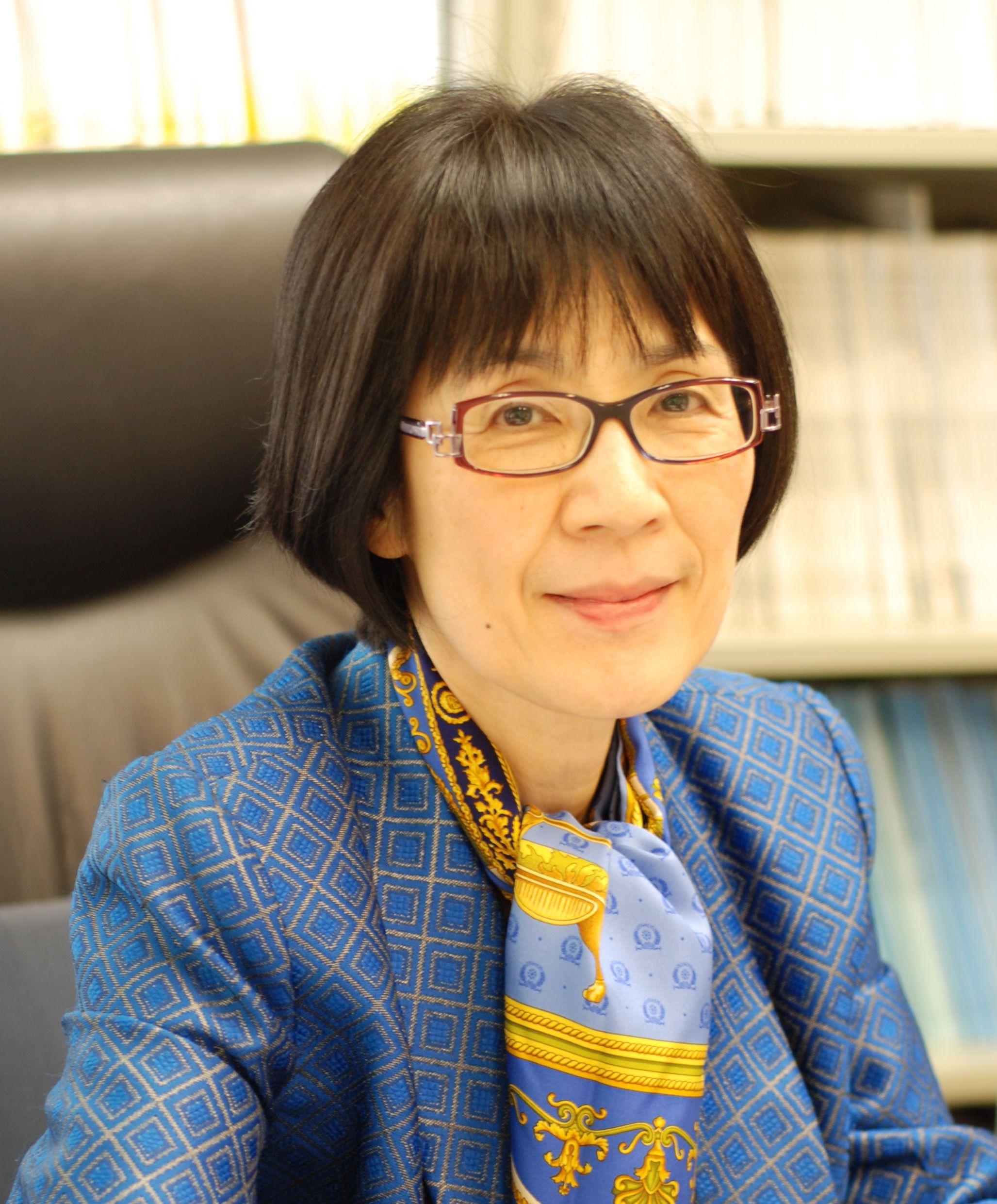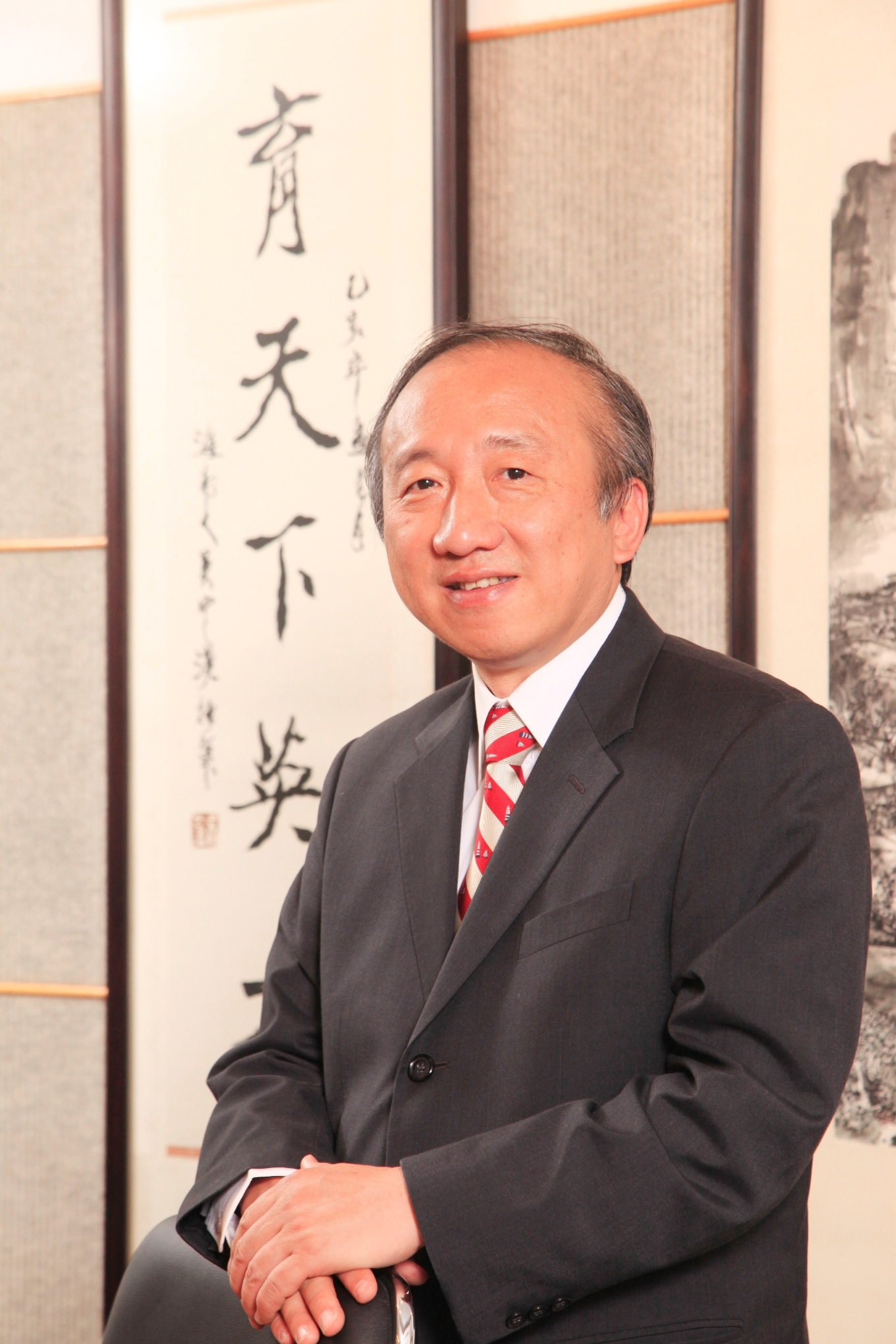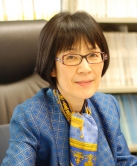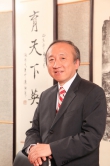CUHK
News Centre
Two CUHK Top Professors Elected IAAP FellowsFirst Time To Award To Hong Kong Scholars
Professor Fanny M.C. Cheung, Pro-Vice-Chancellor and Choh-Ming Li Professor of Psychology, and Professor Hau Kit-tai, Choh-Ming Li Professor of Educational Psychology, have been elected fellows of the International Association of Applied Psychology (IAAP) at the International Congresses of Applied Psychology recently held in Montreal, Canada in June 2018. They are the first Hong Kong scholars to receive this honour. The rank of Fellow is the highest level of membership in IAAP, which is presented every four years to honour distinguished psychologists who have made substantial contributions to applied psychology.
Professor Cheung remarked, “I am honoured to be conferred with the IAAP fellowship. It demonstrates the University’s global impact and research standing in the field of psychology. The Department of Psychology at CUHK has always been committed to the development of psychology of the Chinese people, which raises the awareness of cultural perspectives in mainstream psychology.”
Professor Hau was honoured to be elected as an IAAP fellow, “As cross-cultural psychologists, we try hard to find differences among people from different cultures. But actually they have many more commonalities than differences. For any minor differences that people may have, we should understand and respect them. I am looking forward to cooperating with other IAAP distinguished scholars to promote the science and practice of applied psychology to solve various social problems around the world.”
About Professor Fanny M.C. Cheung
Professor Cheung plays a leading role in developing and validating culturally relevant assessment tools in applied psychology. She translated the Chinese version of the Minnesota Multiphasic Personality Inventory (MMPI and MMPI-2), the most widely used and researched standardised psychometric test of adult personality and psychopathology, and helped standardise the Chinese versions using large-scale representative national samples in China and Hong Kong. She then initiated the research programme to develop the Chinese Personality Assessment Inventory (CPAI), the first comprehensive personality measure in Asia. The CPAI is now recognized as the best indigenously derived personality measure that demonstrates definitive evidence of cultural relevance with incremental validity. The combined etic-emic approach spearheaded by the CPAI inspired the development of other indigenous personality measures in South Africa and Arab countries. Her landmark article in American Psychologist in 2011 served as a call to mainstream psychology to incorporate the voice of non-western cultures in their epistemology and training.
Professor Cheung’s academic honours and awards include Fellow of the World Academy of Sciences (2018), the IAAP Award for Distinguished Scientific Contributions to Applied Psychology (2014), the APA Award for Distinguished Contributions to the International Advancement of Psychology (2012), and the Distinguished Leadership Award for Internationals from the University of Minnesota (2003).
As Pro-Vice-Chancellor for Research and Co-Director of the Hong Kong Institute of Asia-Pacific Studies, Professor Cheung promotes research excellence and interdisciplinary research collaboration at CUHK. She was formerly Dean of the Faculty of Social Science and Chairperson of the Department of Psychology. Professor Cheung is a pioneer of gender research in Chinese societies. An active advocate for promoting women’s status through scientific research, she established the Gender Research Centre in 1985. She initiated the Gender Studies Programme at the University, and helped to train the trainers in gender studies in China in the 1990s. She is recognised as a leader in the contemporary Chinese women’s movement that has gained respect and credibility through its grounding in a firm knowledge base.
About Professor Hau Kit-tai
Professor Hau’s research areas includes motivation, psychometrics, research methodology and large scale educational monitoring. He has published extensively in major international academic journals and spared no effort in contributing to the education sector of Hong Kong and mainland China with his professional knowledge. Professor Hau actively serves on various advisory boards of the government, secondary schools and voluntary agencies in curriculum and youth development. He has also conducted over 100 national advanced applied statistics workshops in mainland China to promote empirical research in social sciences and education. He is now member of the Organization for Economic Co-operation and Development (OECD) Programme for International Student Assessment (PISA) Technical Advisor Group and Strategic Development Group.
Professor Hau joined CUHK in 1988 and served as Pro-Vice-Chancellor for Education during 2011-2015. He had been the Chairman of the Department of Educational Psychology for 13 years. He was President of the Division of Educational, Instructional and School Psychology at the IAAP (2010-2014). In 2014, Professor Hau was conferred with a Fellowship of the American Educational Research Association (AERA) in recognition of his significant contributions to education research and to the advancement of the field. He received his BSc and MA degrees from CUHK and pursued further studies at The University of Hong Kong where he received his PhD (psychology) degree.
About the International Association of Applied Psychology (IAAP)
Established in 1920, the IAAP is the oldest international association of psychologists and is nowadays supported by over 1,500 members from more than 80 countries who are active in the different disciplines of Psychology through its 18 divisions. Its mission is to promote the science and practice of applied psychology and to facilitate interaction and communication about applied psychology around the world. Every four years IAAP organizes a world congress of applied psychology which serves as a review of advances in applied psychology and unites several thousand psychologists from all over the world.





